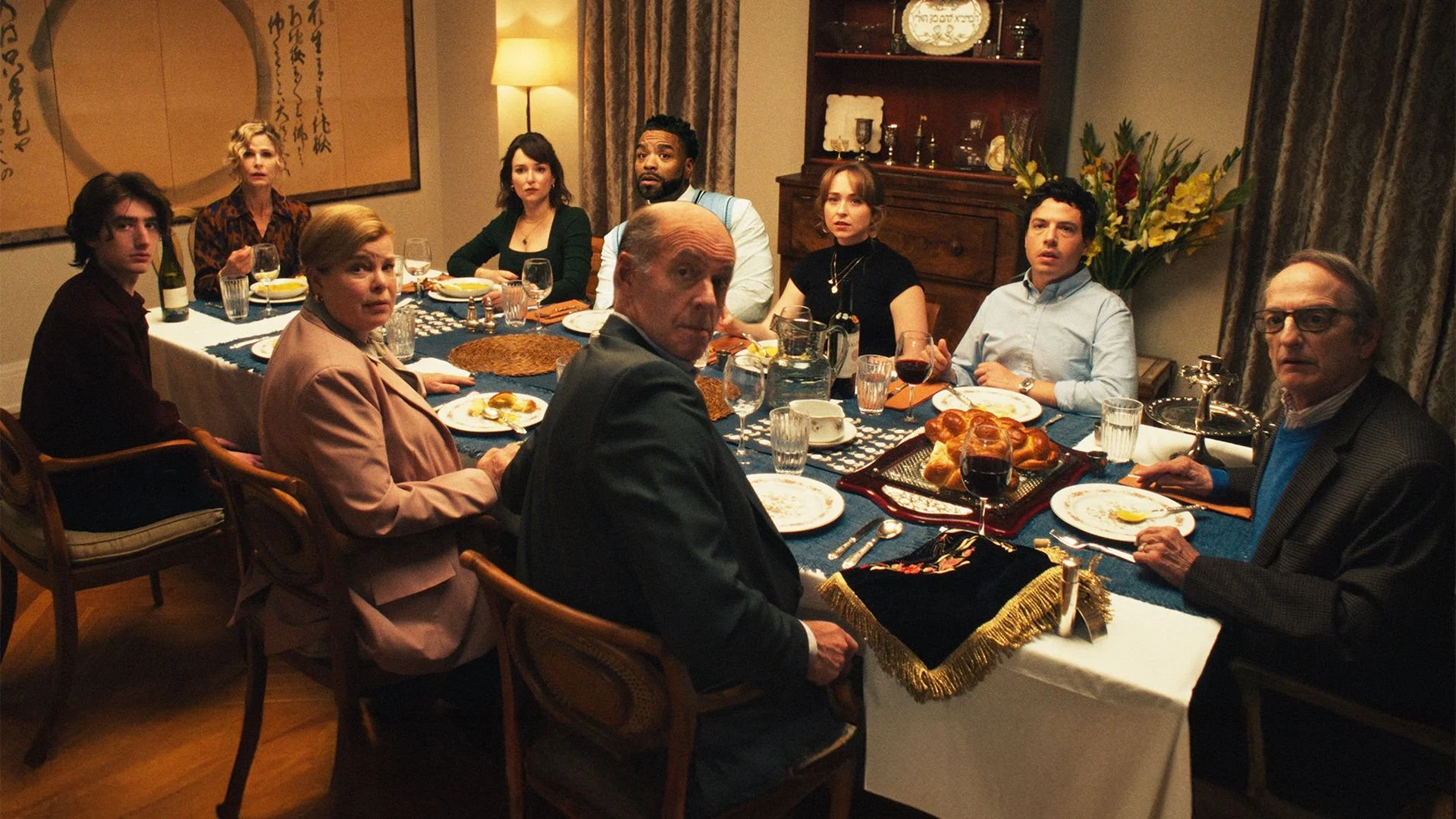Previous
Previous
Sound Cinema: The Varsity (and its Blues)
Next
Next


(she/her) is a professional actress, singer, voice artist, broadcaster, director, writer, teacher, and coach. Two of her several plays held their world premieres in Seattle. She served for three years as a professional script reader for Sherry Robb (The Robb Company) in Los Angeles, writing summaries on hundreds of film & TV scripts and determining through recommendations which scripts should be accepted by the agency. She currently moderates forums in the arts and political arenas and conducts interviews with national- and world-renowned authors for the Washington Talking Book and Braille Library (where she writes her own questions, intros, and all her own scripts). Rachel is a professional adjudicator for the Washington State Thespian Society, which involves writing detailed feedback assessments for each of the hundreds of students she has coached locally, statewide, and nationally. She created, designed, and wrote her own public speaking and storytelling programs which she has taught around the country since 2009, and serves as the programs’ editor and writing coach, helping participants to create and shape their own stories and presentations.